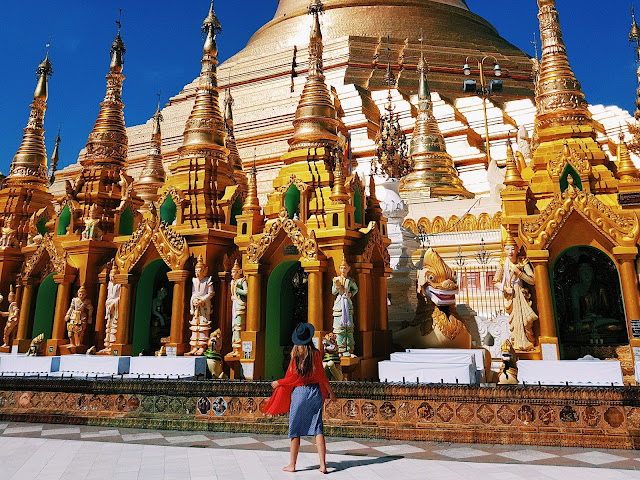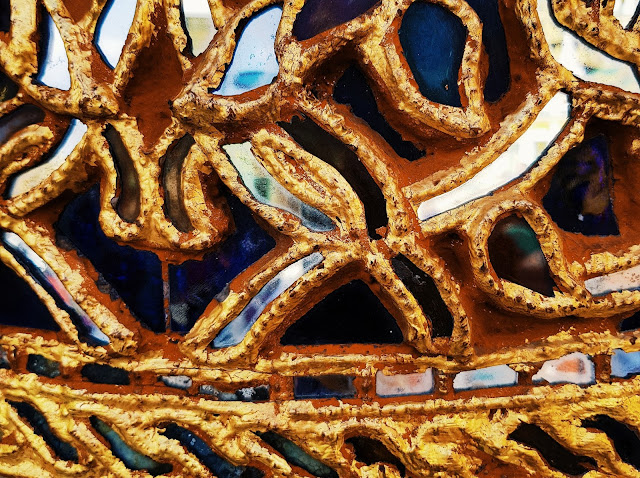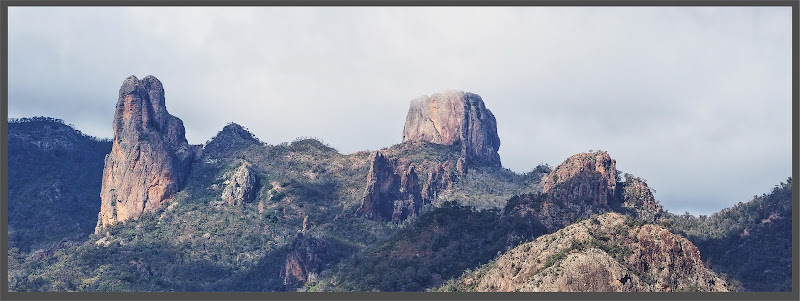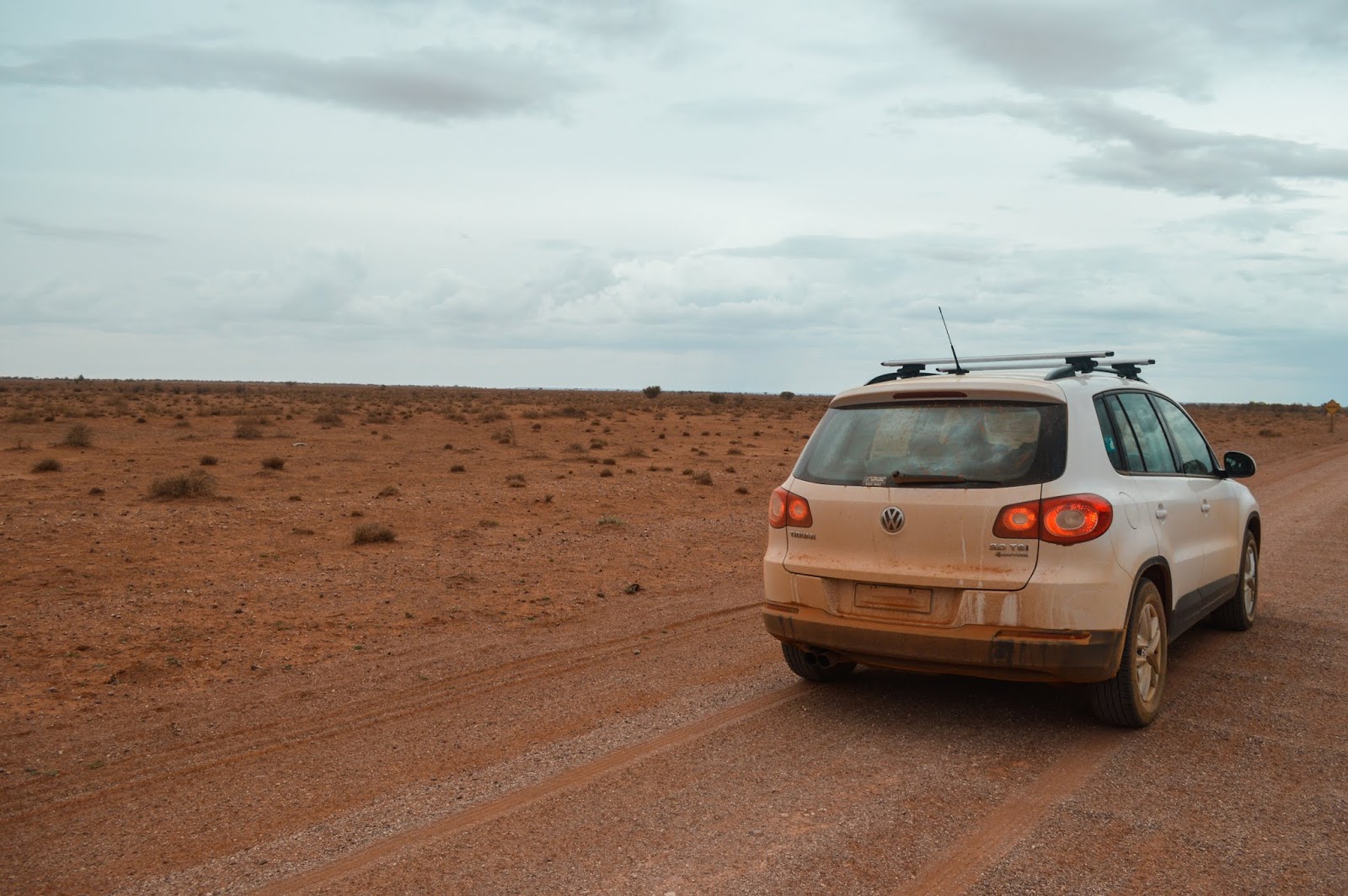Myanmar: Four Hours in Yangon
Then, a golden mystery upheaved
itself on the horizon, a beautiful winking wonder that blazed in the sun, of a
shape that was neither Muslim dome nor Hindu temple-spire…But the golden dome
said: “This is Burma, and it will be quite unlike any land you know about.”
Rudyard Kipling
A local told us that you couldn’t
say you’d been to Myanmar unless you’d visited Shwedagon Pagoda, so with 4 hours to spare between flights that is exactly where we headed.
We took off our shoes and entered
into the Shwedagon grounds, the pagoda towering like a golden mountain over the
urban sprawl of Yangon. Walking barefoot on the cool white marble floors, it is
impossible not to feel awestruck by this 100m tall gold monolith, shining in
the sunshine. ”Shwe” means gold in Burmese and Shwedagon lives up to its name;
adorned with 27 metric tons of gold leaf, thousands of other gems and diamonds
and is also believed to enshrine eight hairs of the Guatama Buddha.
According to legend, two brothers
were traveling when they encountered Buddha beneath a tree. After providing him
with some food, Buddha offered them a gift and gave them eight hairs from his
head. The brothers carried back the sacred hairs in a ruby casket, and they
began building what would become the Shwedagon Pagoda complex. This would make
the Pagoda more than 2600 years old and the oldest Buddhist stupa in the world.
The Pagoda sits on an octagonal
base with shrines on each corner which represents each day of the week
(Wednesday is divided into am and pm). Burmese believe that your destiny is
determined by the day you were born and people come here to pray at the shrine
that represents the day of their birth. I was born on a Tuesday and therefore
represented by a Lion just FYI. Pagodas are the centre of Burmese
spiritual life, with people visiting them regularly to offer prayers and make
donations. Although Shwedagon is the number one tourist attraction in Myanmar,
it is important to remember that it is primarily a functioning and active place
of worship; as the most important religious site in the country.
We wandered around in the shadow
of the shrines, trying to avoid the hot midday sun, and it was incredible to
see the huge numbers of monks, devotees and pilgrims in this religious
microcosm mix amongst the tourists. As we roamed, we observed both the young
and old expressing their devotion in diverse ways – a wonderful reminder of the
value of faith in a world where the practice is slowly fading and in a country
where hope for a peaceful, prosperous and democratic future remains uncertain.




Comments
Post a Comment